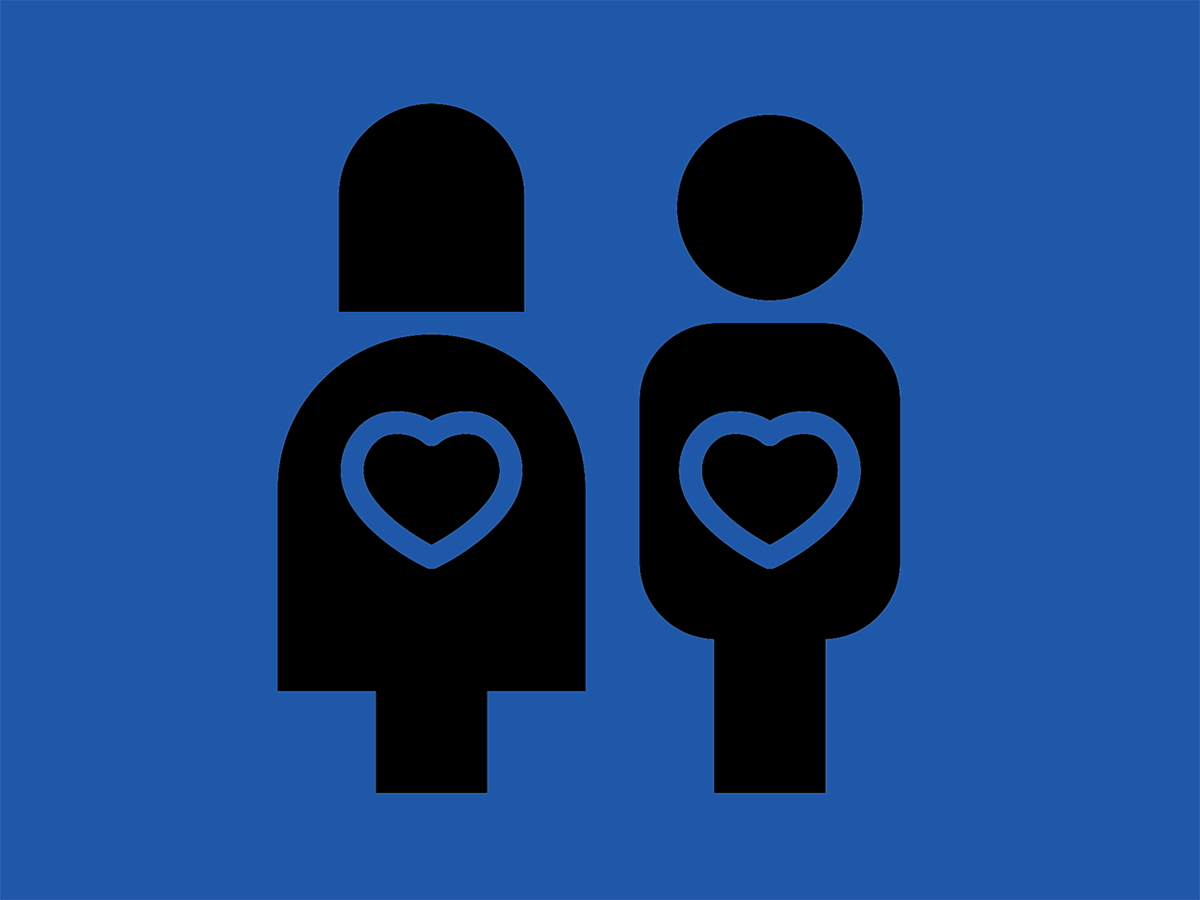
My partner is so annoying! How can I stop fighting with them?
“First, recognize that you and your partner may be having different experiences with the quarantine, so even though communication is key in all relationships, now it is even more vital,” says Emily Glenn, a licensed professional counselor and certified sex addiction therapist. Listen to how your partner is feeling. You don’t have to agree, you just need to understand why they feel the way they do.
Glenn recommends noticing how your partner responds to situations: Do they fight (take digs at you)? Want to flight (break up with you)? Or do they freeze (shut down or withdraw)? Then ask how you can support them. Think: How do we give each other space? And what’s the best way we can voice our troubles without starting a fight? Take the time to identify potential trigger points (i.e. Someone speaking too loudly on Zoom meetings) and come up with a solution, says Glenn.
When sharing your feelings, try this age-old formula: Start with the trigger, explain how it makes you feel, and share why it’s important to come up with a solution, says Glenn. For example: “When I hear you talking really loudly on Zoom, I feel irritated. The story I tell myself is that you don’t care that I too have things I’m trying to focus on. What this brings up for me is an old belief deep down that I’m not important. In the future please be more mindful of the volume. Talking to you about this is important because I don’t want to feel resentment toward you.”
(Also, try asking yourself these two questions to stop any fight.)
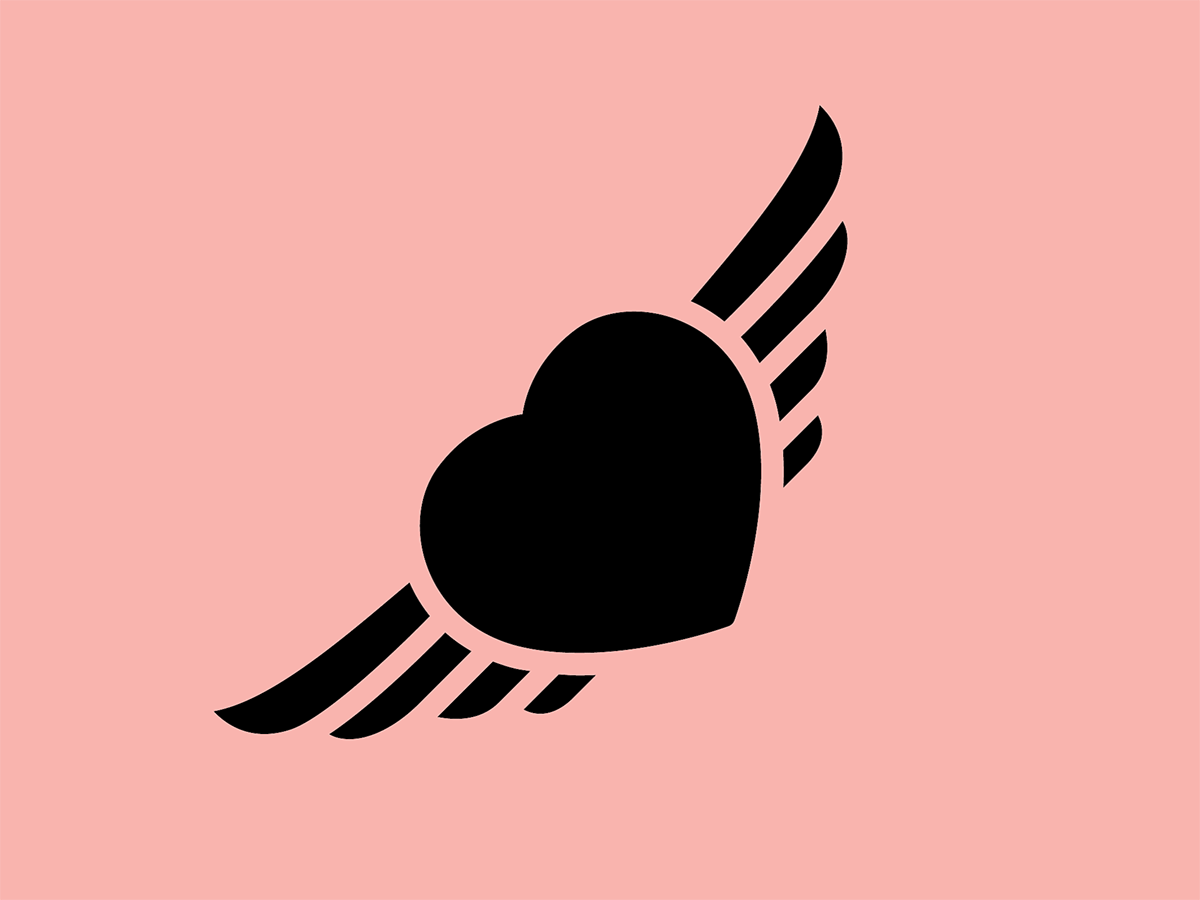
I want to break up with my partner–but we live together. What should I do?
This depends on your alternate living options. If you feel safe in your home, tell your partner how you feel and discuss your living options. In-house-separation, where you alternate times in shared areas in the home, could be a good option, says Glenn.
But sometimes, it’s best to remove yourself from the joint living space. “I wouldn’t recommend staying in a situation where additional stress resides,” says Glenn. In that case, ask for help and find an alternate living space. “An option may be to go stay with a friend or family member with the understanding you may need to isolate yourself in a designated room for a period of time.”
If you are in an abusive relationship, ask for help. If you’re in immediate danger, call 911. You can also call the Assaulted Women’s Helpline at 1-866-863-0511, or learn more at the links below:
(Also, here are some breakup movies that can help you get over someone.)
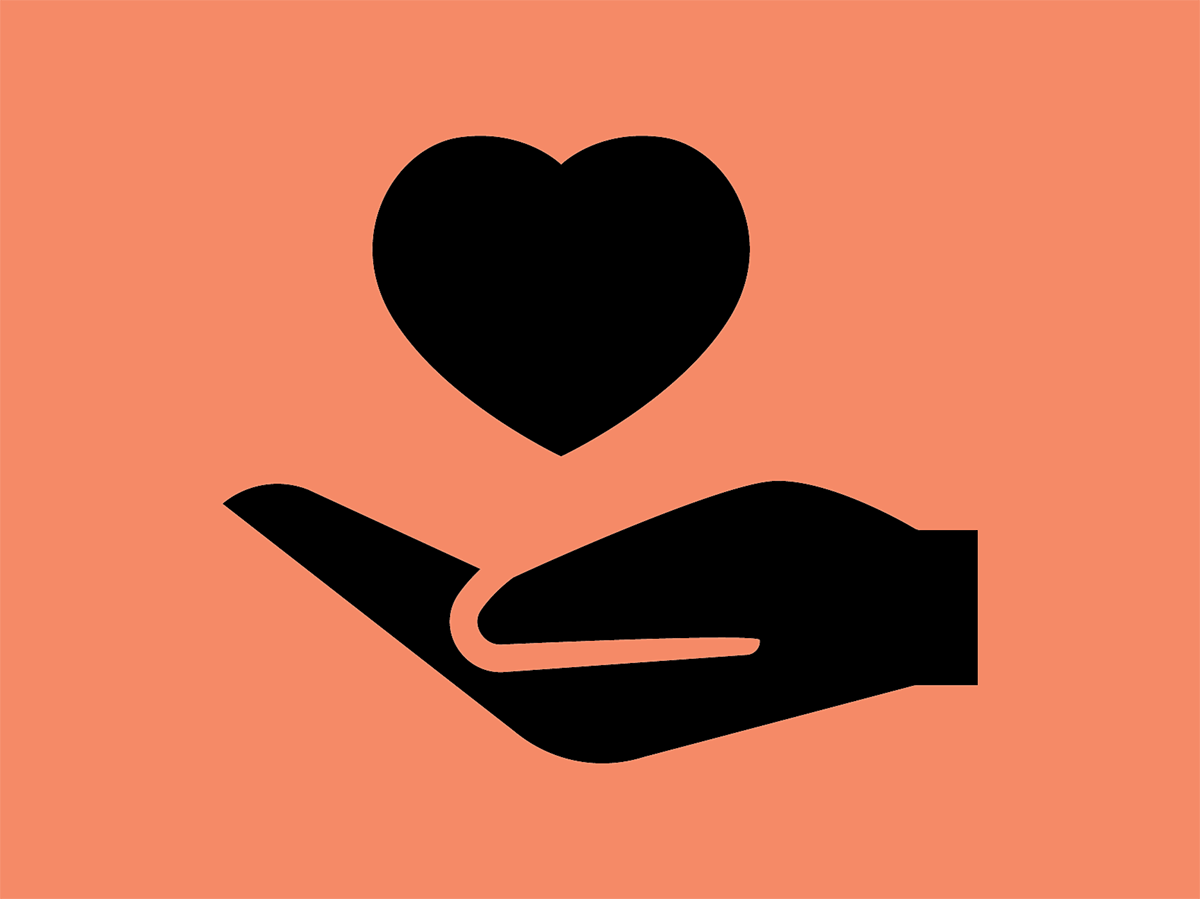
Should I still be swiping on dating apps?
There’s nothing wrong with using dating apps right now! (And here are some tips for online dating in quarantine.) We all have a need for human connection, and meeting and chatting with new people online is a great way to have that need met. But, you may want to also use this time in quarantine for some self-reflection, says Glenn. This is a great opportunity to “heal old wounds, get to know your authentic self, and discover what you want in a partner so the journey of dating can be safer, healthier, and more productive,” says Glenn.
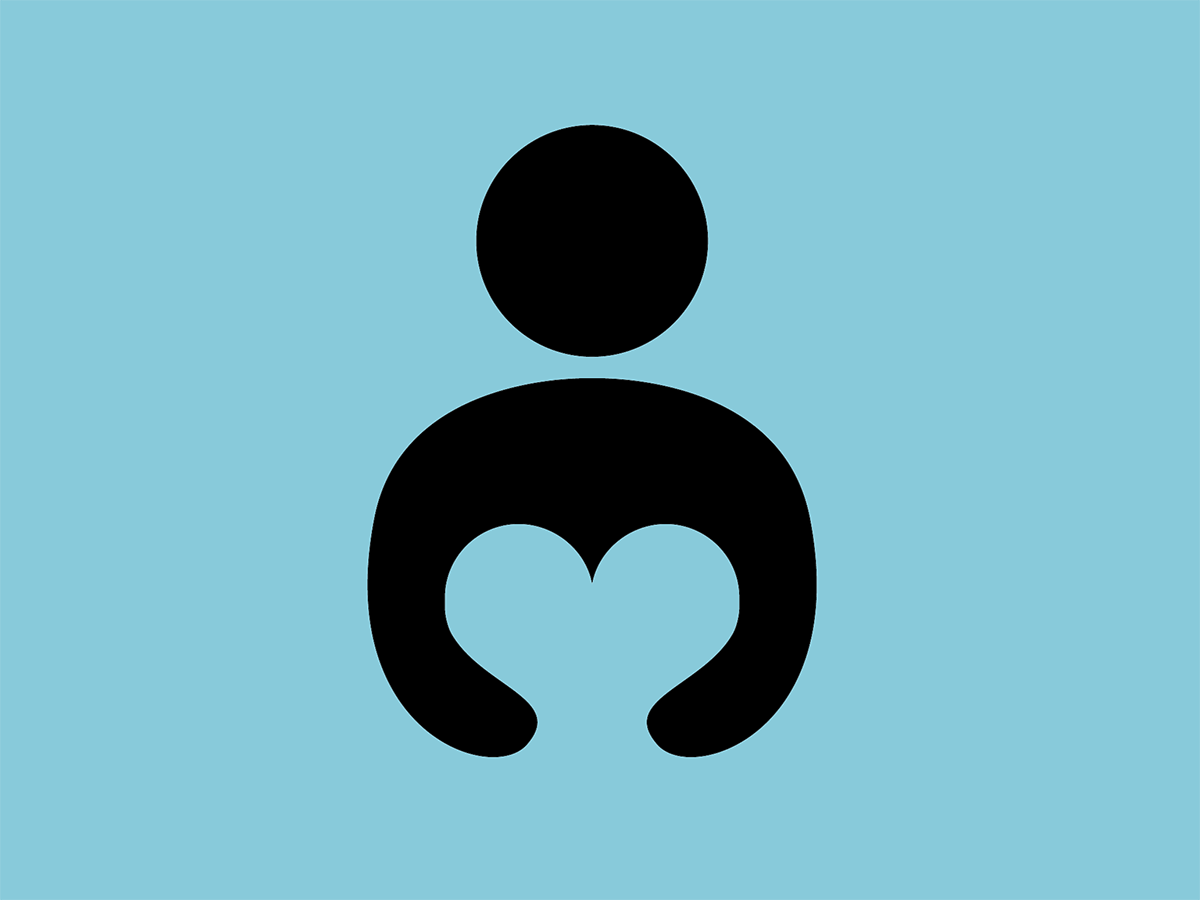
Why is my sex drive so low in quarantine?
There are a number of reasons. We all respond to new, potentially dangerous situations differently, so it’s normal for a sex drive to be lower—or even higher—than usual. “When sudden change occurs that alters our way of living, our bodies will all react in different ways,” says Glenn. She recommends checking in with your body to determine what it needs. “That may be self-reflection or to feel a sense of control in a situation out of your control,” she says. (Looking to boost your sex drive? You can try these herbs and vitamins.)
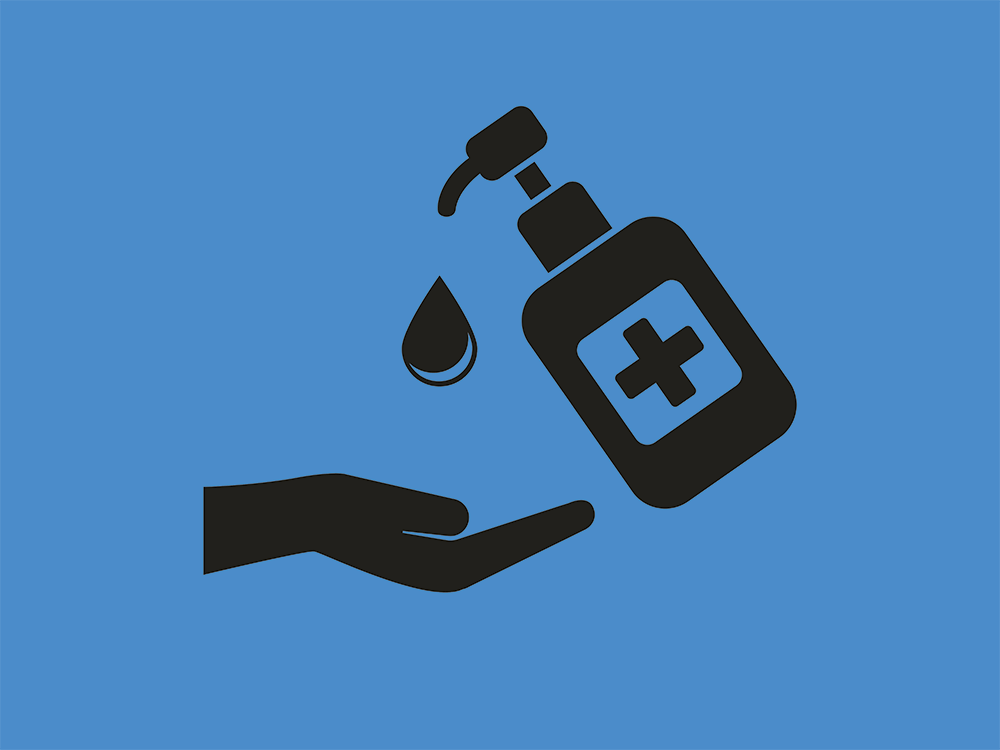
Hand sanitizer is out of stock everywhere! What can I use as a replacement?
According to a recent statement released by the United States Pharmacopeia (USP), you can make your own alcohol-based hand sanitizer. Based on the WHO standards of sanitizers containing at least 60 percent alcohol, USP provided three formulations. They all use ingredients like ethanol, hydrogen peroxide, glycerol and isopropyl alcohol, which are available at pharmacies and retail stores.
If you decide to DIY your hand sanitizer, make sure to follow the instructions. However, the rule of thumb is: Only use hand sanitizer when soap and water aren’t available because when it comes to getting rid of germs, nothing beats thoroughly washing your hands.
(You can also keep an eye out for these hand sanitizers to get back in stock, or try these natural ones. Also, did you know hand sanitizer doesn’t last as long as you thought it does?)
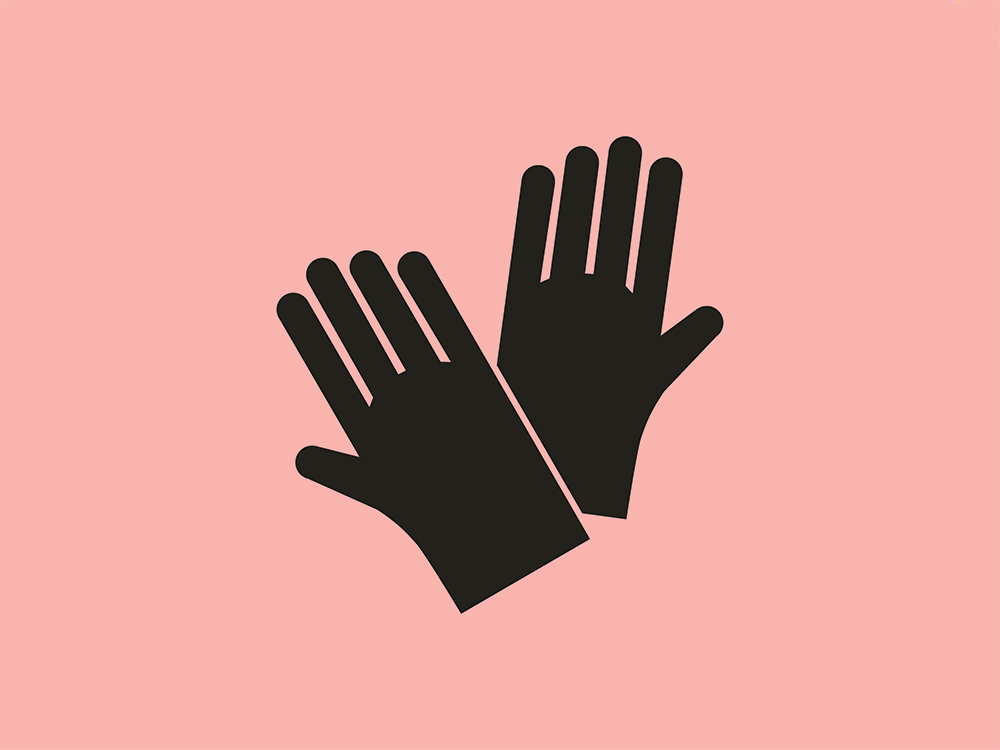
I have supplies left from SARS days like latex gloves and masks. Will they still be good to use?
Just like everything else, these items have a shelf life, so our expert says it’s not the best idea to use them. “Typically, personal protective equipment (PPE) such as gloves and masks have expiry dates,” says Dr. Alyson Kelvin, virologist at Dalhousie University and IWK Health Centre in Halifax. “If the PPE is past its expiry date, the material can start breaking down and no longer be effective at protecting from a virus or infection.” Plus, it’s important to keep in mind that SARS-1 occurred almost two decades ago. “It is always best to check the shelf life written on the outside of the box before using,” says Dr. Kelvin. “PPE that was made back in the SARS-1 days in 2002 to 2003 would not be acceptable to wear.”
(Learn if you should be wearing a mask to prevent coronavirus. Also, check out what doctors want you to know about face masks.)

If I’m in quarantine, can I still walk the dog?
The straightforward answer is yes, but do so with caution, says Dr. Jeff Kwong, epidemiologist and professor at University of Toronto’s Dalla Lana School of Public Health. “Just stay away from crowded places and try to avoid touching things when you’re out.” If however, you decide to take your pup to the dog park, Dr. Kwong advises that you “maintain a distance of one to two metres when talking to other dog owners.” For reference, a guitar or a baseball bat is about one metre long.

I’m bored. Can my friend come over?
“Social distancing” is a buzzword at the moment, and for good reason—it decreases the risk of spreading the virus. Dr. Kwong suggests holding off on visiting a friend if it’s unnecessary. “It would be better to connect with a friend via phone or video call instead,” says Dr. Kwong. “Maybe if both of you have been quarantined for 14 days already, so it’s pretty certain that neither of you are incubating coronavirus, I suppose it would be okay to interact in person.”
(You can also check out these activities to do at home if you’re bored.)

How long do germs last on surfaces, clothing, and hands?
“The length of time a virus remains infectious on a surface depends on the specific virus and the material the surface is made out of,” says Dr. Kelvin. A recent study published in The New England Journal of Medicine examined how long SARS-CoV-2 (which causes COVID-19 disease) remained infectious on various surfaces. The study shows that plastic and stainless steel surfaces can harbour the virus for up to three days. “It’s important especially if someone in your house is sick, you should clean hard and soft surfaces often to limit the spread of the virus to healthy family members,” says Dr. Kelvin. It’s better to be safe than sorry, so make sure to wipe down those countertops, keys, doorknobs, and phone screens with alcohol-based wipes.
(Check out the coronavirus myths you need to stop believing.)
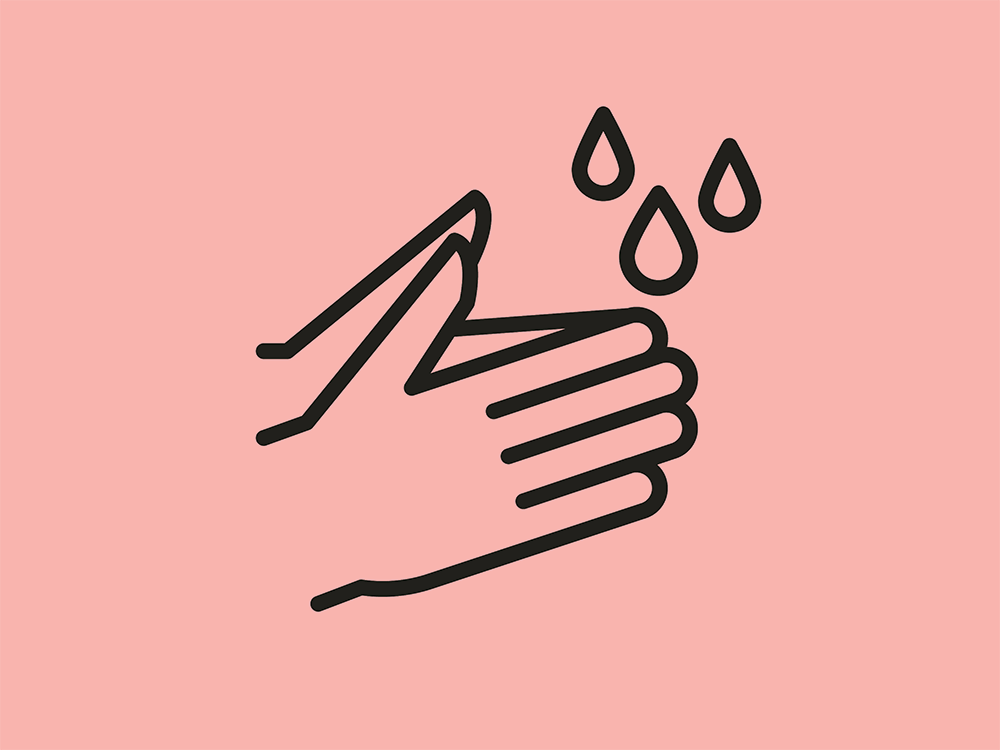
Do I need to keep washing my hands while I’m home?
“It’s probably a good idea to wash your hands even while at home,” says Dr. Kwong. “There are a lot of other microorganisms that we shouldn’t forget about.” Also, if you haven’t done so yet, you should perfect that handwashing routine ASAP.

Most cases of COVID-19 are said to be “mild,” but what does that mean exactly?
According to Dr. Kelvin, “The symptoms of COVID-19 range from being very mild and possibly asymptomatic to severe with the possibility of death.” She recommends keeping a watchful eye on your health and reaching out to public health authorities if you experience fever and cough. “Mild means you’re not sick enough to require admission to the hospital,” says Dr. Kwong. “Having fever, sore throat, and/or cough is considered mild. But if you feel shortness of breath, go to the hospital immediately to be assessed.”
(Here are cold and flu medications that can help alleviate symptoms.)
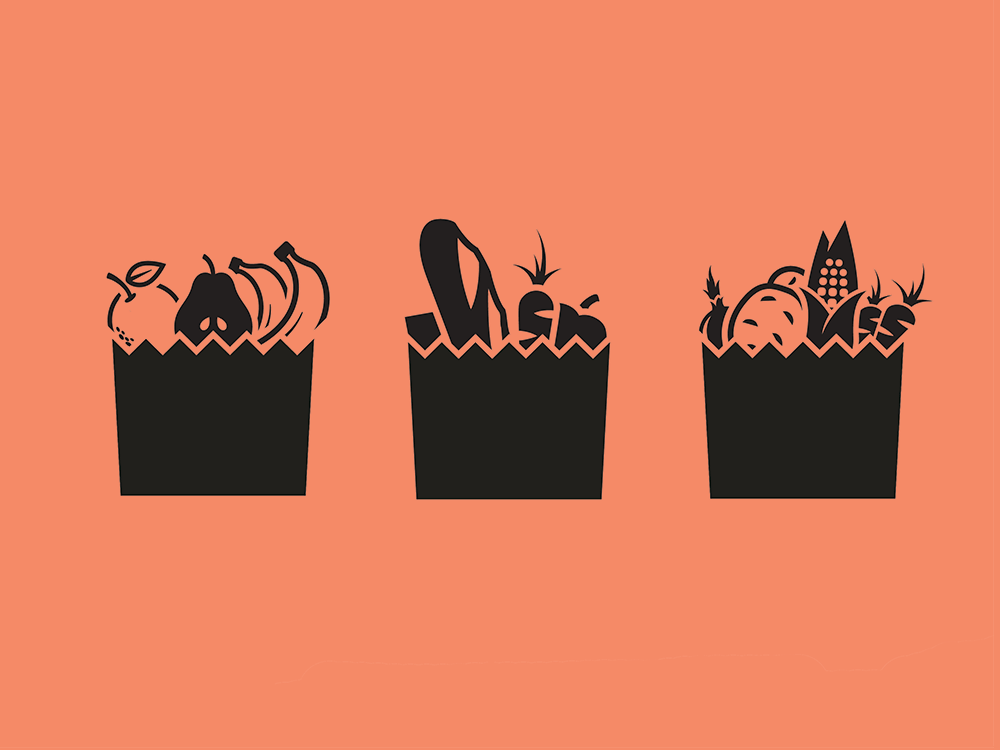
What are the best practices for a grocery store run?
“You can try to have the groceries delivered to your home or use one of the pick-up services,” says Dr. Kwong. “If you must go to the store, try to minimize touching things and definitely avoid touching your face and use hand sanitizer often.” Consider these practices every time you leave your home.
If you’re self-isolating, meaning you suspect you’re positive for the coronavirus, Dr. Kelvin recommends familiarizing yourself with this guide from Public Health Ontario. The guide includes practices such as, refraining from using public transit and/or rideshares, as well as keeping away from seniors and those with chronic medical conditions (e.g. diabetes, lung problems, immune deficiency).
(Here’s how doctors protect themselves from coronavirus.)
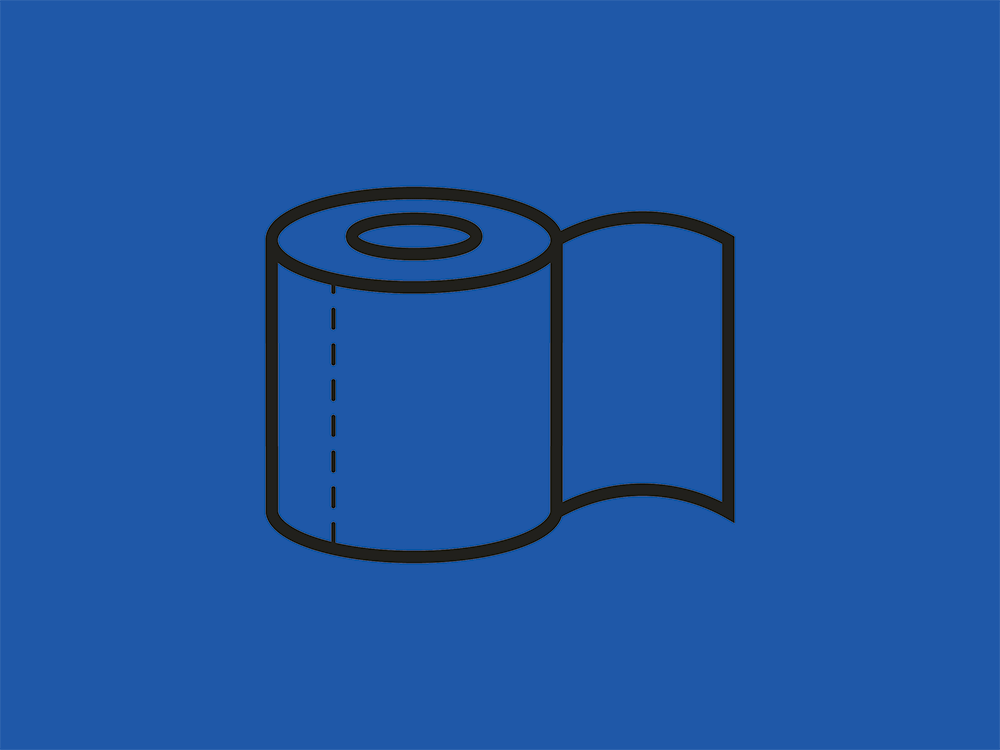
I hear there’s enough toilet paper to go around, but what about everything else? Is there a risk of any shortages?
“Supply chains remain intact, so I’m not too worried about shortages of anything at the moment,” says Dr. Kwong. There’s a difference between simply being prepared and hoarding items like food and bathroom supplies. Keep calm and only buy the stuff you need.
(Here’s what our editors got for self-isolation.)

Can I still use my food delivery service? Should I wipe down the containers?
Ordering in probably sounds ideal at the moment, especially if you’re feeling under the weather and don’t want to spread your germs (if this is the case, good call on staying in.) But does having your food delivered put you at risk for coronavirus? Dr. Jeff Kwong says that using a food delivery service is generally safe. “I’m not sure wiping down the items is necessary, but there’s no harm in doing so.” And if you want to take extra caution, most food delivery apps allow you to request a no-contact delivery, which means the person delivering your meal could just leave it at a designated area (e.g. your doorstep) rather than personally handing it to you.
Next, learn the common tricks for avoiding germs that actually don’t work.
